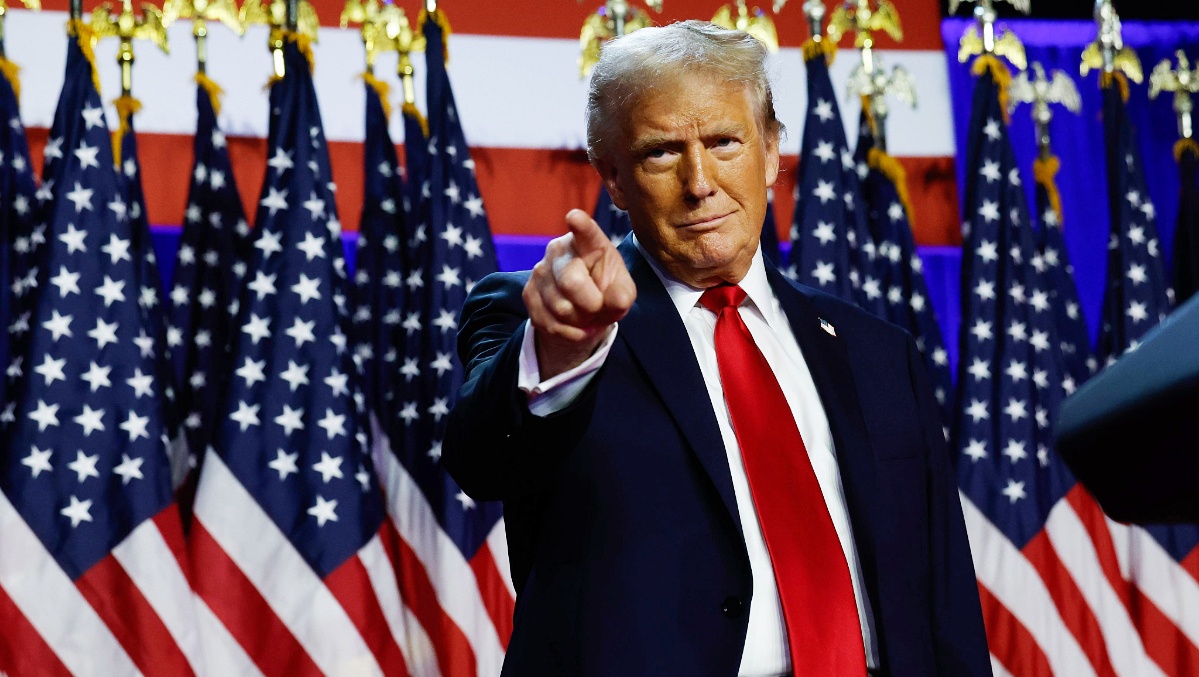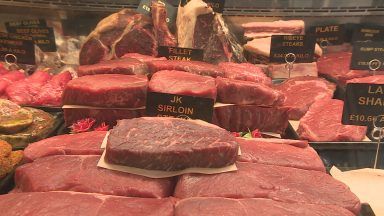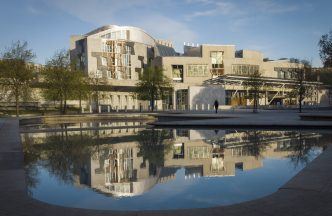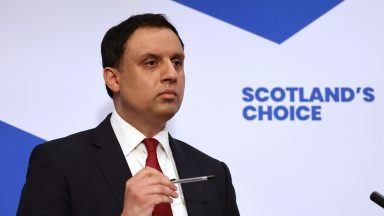Surprise, shock, and, for some, anguish – reactions to Donald Trump’s dramatic US Presidential election victory, the culmination of an astonishing political resurrection, that were shared by many around Westminster.
But not in 10 Downing Street. Keir Starmer’s government has been preparing for this result for months, since before he even took office.
The Prime Minister would have wanted the Democratic Party candidate, Kamala Harris, to win, not just because of her politics but also because it would have meant business as usual on the world stage.
Instead, a second Trump presidency will have huge implications, shaking up the most important areas of global cooperation. That’s why the UK political and government machine has been preparing for a Trump victory, especially as the polls in the US narrowed.
When he was in New York for the United Nations General Assembly in September, Starmer made it a priority to meet the Republican candidate, securing a private dinner at Trump Tower. By contrast, although his team did try, he never found time to meet the US Vice President – and now, perhaps, he never will.
The Prime Minister also had a phone call with Trump after he was injured in an attempted assassination, and they have already spoken again by phone following the election result, for Starmer to offer his “hearty congratulations”.
It isn’t hard to see why so much effort is being made. Trump’s “Make America Great Again” policies have the power to upend the world order, undermine global security, and damage the UK economy.
Already, it seems like the fight against the worst effects of climate change are doomed. The world is already off track in the effort to prevent 1.5 degrees celsius of warming – indeed, that threshold may already have been breached. A new Trump administration will embrace fossil fuels and reverse much of the progress at decarbonisation that had been made. Where America leads, other countries will follow.
This “America First” economic policy also risks a new trade war. Trump has promised huge tariffs on foreign imports – and this is one promise we know he’s prepared to follow through on. Tariffs were slapped on goods including Scotch whisky as part of a trade row with Europe during his previous term in office, costing the Scottish economy an estimated £600m. This time, the effects could be worse.
And what about global efforts to regulate big online businesses and social media companies? Or to get multinationals to pay more tax? The X owner Elon Musk was sitting alongside Donald Trump as the results came through on election night; the Amazon founder Jeff Bezos blocked the Washington Post, which he owns, from endorsing Trump’s rival. Suddenly, consensus between governments on how to tackle these tycoons and others like them will be harder to find.
The biggest and most immediate impact of Trump returning to the White House, however, will be on security. The President-elect has said he wants to end the war in Ukraine, immediately. That is unlikely to mean on Ukraine’s terms. A harsh, imposed peace settlement for Kyiv will embolden Vladimir Putin and add to the anxiety for Russia’s other European neighbours.
The outgoing Biden administration is reported to be seeking to rush through its remaining military aid to Ukraine – because the next administration could cut it off immediately. That scenario could be even worse, with a Russian military victory following swiftly after.
The pressure is on for European countries to step in to provide the money and materiel that Ukraine needs – but even if they find the political will, it isn’t clear they have the industrial capacity.
In the UK, the new Labour government has said it will raise defence spending to 2.5% of GDP, but with the public finances already stretched, it can’t say when. A boom in defence spending at least means welcome investment and jobs and skills – but it could mean more cuts elsewhere.
The ultimate irony is that Trump’s rise has always been seen as the American cousin of another political movement that shook up the world order, in the same year he was first elected: Brexit. But the pressures exerted by his “America First” stance may end up pushing the UK back towards Europe, by the sheer necessity of global cooperation in difficult, dangerous times.
A final point, on the politics of all this. The US election result is an important lesson in what happens when governments fail to make voters feel they’re better off than they were before.
The worst of the cost of living crisis may have passed, but its impact is still being felt. Labour MPs are already getting nervous about the next general election, even if it’s five years away, because of the prospects for continued squeezed spending and sluggish economic growth.
Failure to turn things around could open the door to Kemi Badenoch, Nigel Farage, or who knows, perhaps even Boris Johnson.
Follow STV News on WhatsApp
Scan the QR code on your mobile device for all the latest news from around the country


 Getty Images
Getty Images

























